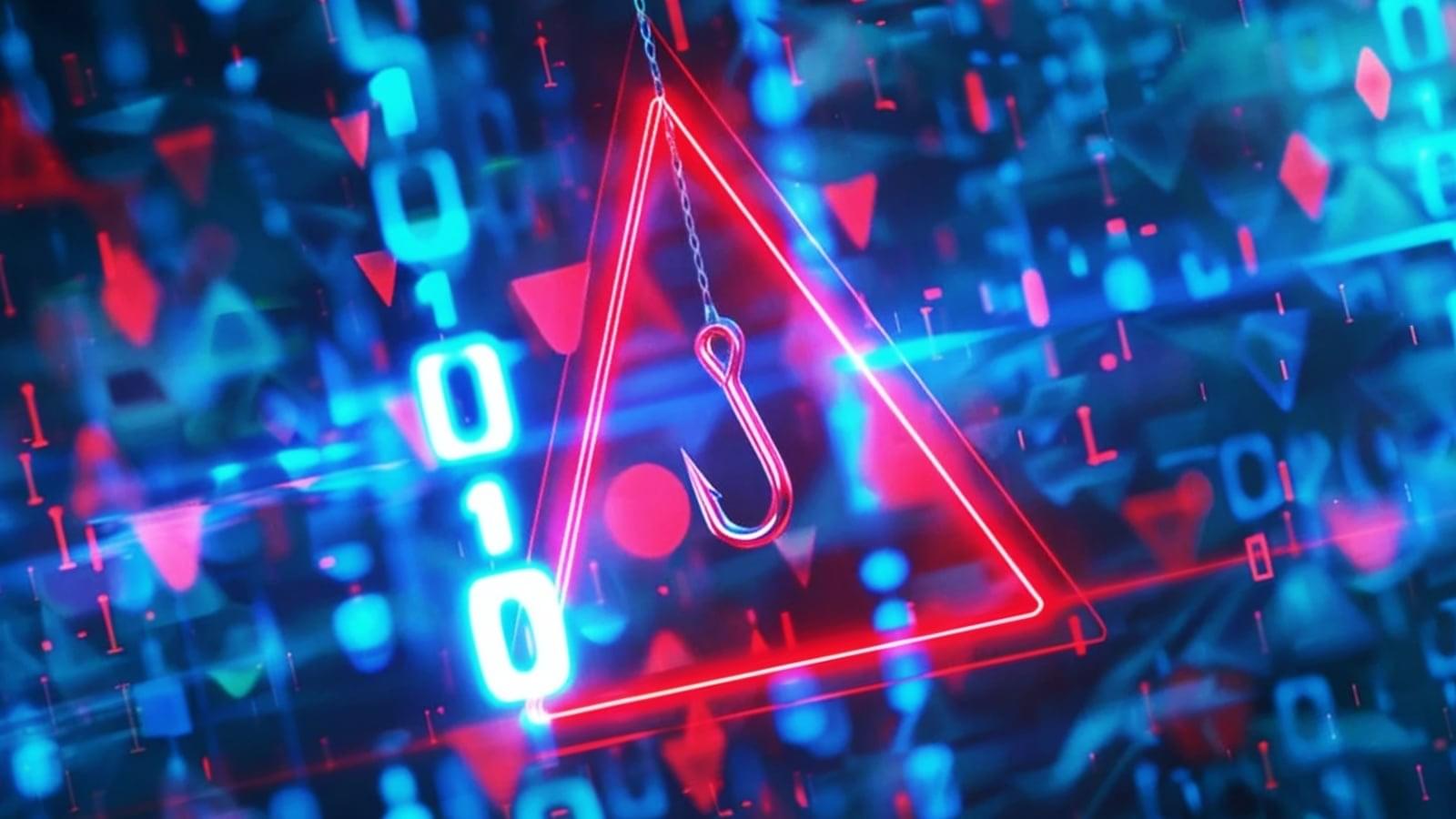Renewable energy is lowering electricity costs in some parts of the country, but those benefits aren’t being seen by consumers everywhere because they’re typically placed far away from demand centers. Better integrating electricity transmission networks across regions could significantly reduce generation costs, new research from the University of Michigan shows—at the expense of generation companies’ profits. The study is published in the journal Proceedings of the National Academy of Sciences.
Economist Catherine Hausman, associate professor at the Ford School of Public Policy, and colleagues found that improving interregional connectivity could have saved anywhere from $5.8 billion to $7.1 billion in electricity generation costs in 2022, and $3.4 billion to $5 billion in 2023.
At the same time, investing in regional connectivity could cost some power plants over $20 million in annual net revenue—giving them financial incentives to block or delay transmission network improvements.








